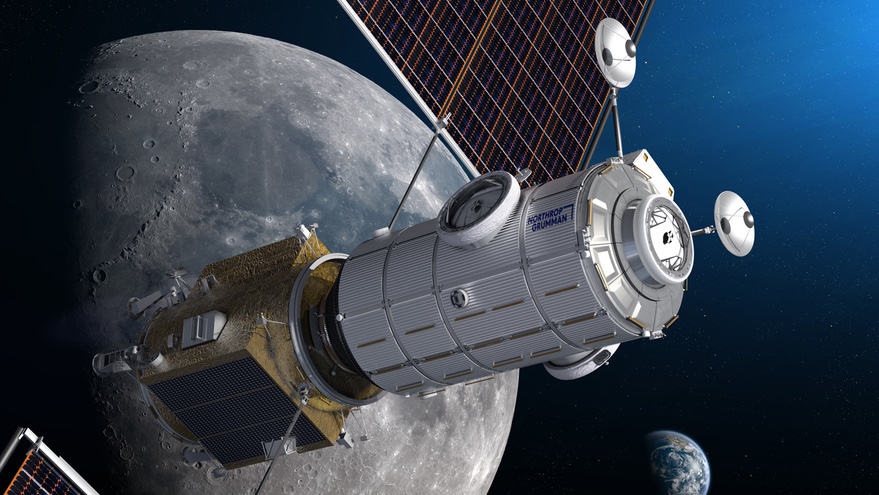WASHINGTON — Rocket Lab successfully launched a Japanese radar imaging satellite on the first flight of its Electron rocket since a failure nearly three months ago.
The Electron rocket lifted off from the company’s Launch Complex 1 in New Zealand at 11:05 p.m. Eastern Dec. 14. The vehicle deployed its payload, the QPS-SAR-5 or Tsukuyomi-1 satellite for Japanese company iQPS, nearly 57 minutes after liftoff into a 575-kilometer orbit.
The launch was the first for Electron since a Sept. 19 failure during a launch of another radar imaging satellite for Capella Space. On that mission, the first stage performed as expected but the engine of the second stage appeared to shut down immediately after ignition, preventing it from reaching orbit.
An investigation concluded that an “unexpected electrical arc” within the upper stage’s power supply shorted the battery packs and caused a loss of power. That arc, the company said, was the result of a “largely improbable” combination of events that included a ripple voltage in the system and an undetectable flaw in insulation.
Rocket Lab addressed the problem by improved ground tests to better detect arcing problems as well as pressurizing the battery frame section of the upper stage to prevent arcing conditions from forming.
The launch was the tenth flight of the Electron this year, including one launch of a suborbital version of Electron called HASTE. That exceeds the record the company set last year of nine Electron launches.
That milestone is “further cementing Electron’s position as the leading small launch vehicle globally,” Peter Beck, chief executive of Rocket Lab, said in a statement. He noted that Electron is the second most frequently launched American rocket this year — albeit a distant second after the SpaceX Falcon 9. “We look forward to building on that record with an even busier year of launches in 2024.”
In a Nov. 8 earnings call, Beck said the company has a manifest of 22 Electron launches in 2024, including two HASTE suborbital missions. “We have a completely sold-out manifest for next year at a number that is really solid,” he said, referring to the average price the company charged for those launches.
The customer for the launch, iQPS or Institute for Q-shu Pioneers of Space, is developing a constellation of 36 satellites to provide synthetic aperture radar imagery. The company went public on the Tokyo Stock Exchange Dec. 6, raising about $24 million.
The QPS-SAR-5 satellite was originally scheduled to launch early this year on Virgin Orbit’s LauncherOne. However, Virgin Orbit filed for bankruptcy in April and soon thereafter was liquidated. In August, iQPS signed a contract with Rocket Lab to launch the satellite, only to be delayed by the Electron launch failure.
Rocket Lab did not immediately announce the schedule for the next Electron launch. In the November earnings call, the company said it expected to perform two Electron launches through the end of the year, but this launch was postponed from late November to complete preparations, including a wet dress rehearsal test.



